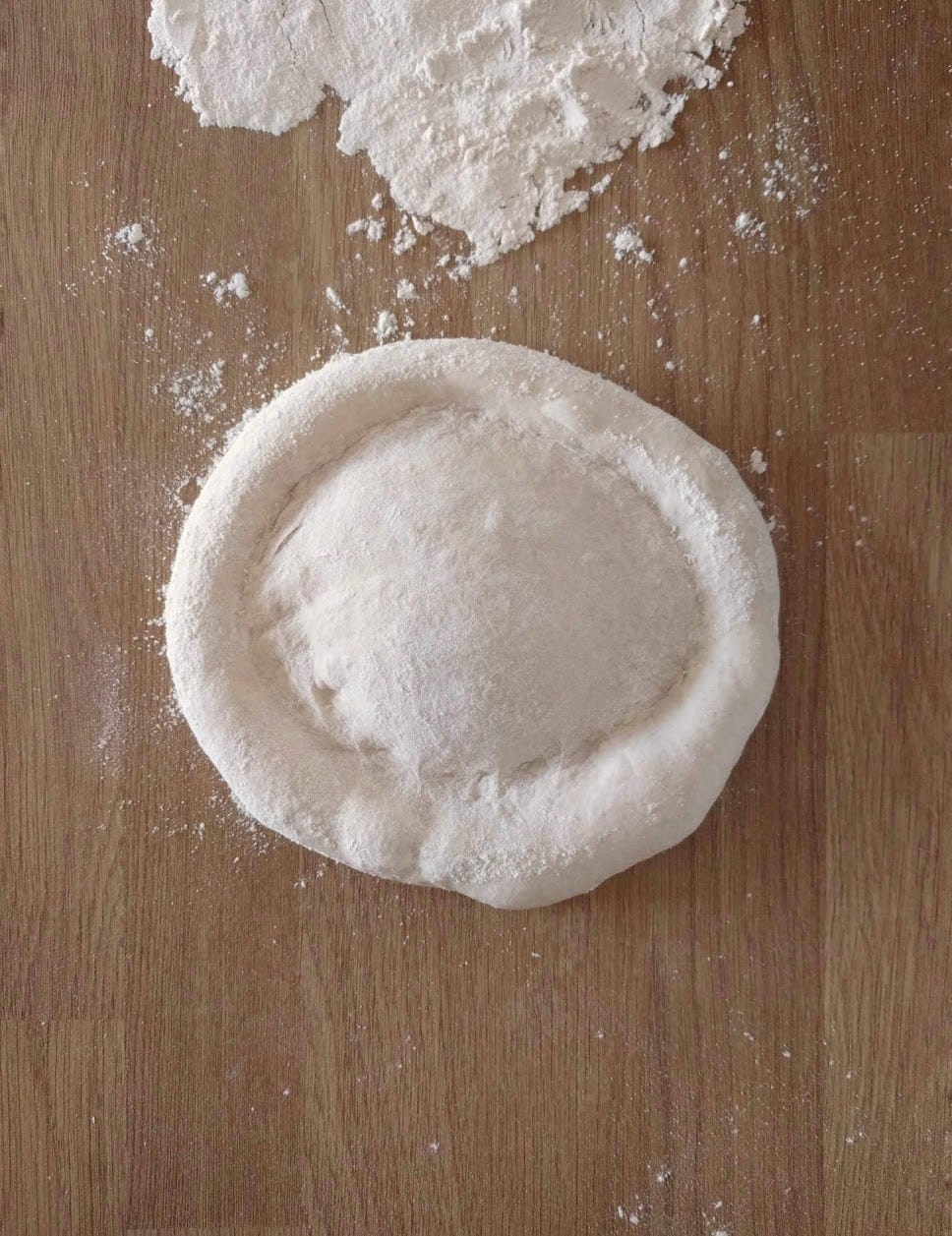I’m an author, organizational sociologist, strategy professor, unsuccessful furniture maker, and Xoogler—this is yet another of my attempts to make sense of the state of not-knowing. My first book, The Uncertainty Mindset: Innovation Insights from the Frontiers of Food, will be available in early June.
For those lucky enough to not yet be devastated by coronavirus fallout, the current state of lockdown feels deceptively dozey. Now that there’s almost no variation in my daily routine, small victories become noticeable. For instance, last Thursday I felt smug when I accidentally timed my return from a weekly trip to collect a box of vegetables to just miss a torrential downpour.
On a recent Zoom call, someone who was a child when the Great Depression started in 1929 told us that these times feel much like those first months did then, when everyone’s normal way of life began to slowly fall apart.
I didn’t need her to tell me that. I’m deeply unsettled by the uncertainty of the future, and have been for many months now.
Lockdown is analogous to how some people I know would like to freeze themselves, to be defrosted at some future and more perfect time. But lockdowns and government aid cannot last near long enough for a coronavirus solution in the form of a vaccine or highly effective therapy. We’ll be forced to unfreeze before technology has solved all, or even most, of the problems to which flesh is heir.
This means the near future is certainly going to be uncertain, and I’m not as ready for this as I want to believe.
My life is fundamentally stable and predictable despite purporting to embrace uncertainty. I go the same farmers market to get vegetables at the same time every week. The bar I liked in London had a menu which changed every week on an evolving annual cycle, and I looked forward on every visit to this year’s version of the menu at this time last year. My work (for now) is at a university (the ultimate lumbering herbivore of the institutional ecology) where there is an annual and predictable teaching cycle. The list goes on.
A daily life built around these predictable routines makes a habit out of certainty and predictability. And it isn’t surprising that becoming habituated to certainty and predictability means becoming distressed when that predictability suddenly goes away.
Learning how to be OK—cognitively and emotionally—when things fall apart is hard. It also takes practice, like how going for a run every day means being able to dash for the train without your lungs feeling afterward like they have fallen out on the ground.
Difficult work becomes easier when it starts out unthreateningly small and insignificant, and is so constantly present that it becomes unnoticeable—when it is ambient. (Issue #16 was about using this principle to redesign hiring practices to produce more adaptable organizations.)
Confronting larger-scale, more consequential unpredictability becomes easier if small-scale unpredictability is ubiquitous in daily life. But ambient unrewarded unpredictability is grim and joyless. In fact, it is worse than that. It is a strategy used in torture because it swiftly corrodes identity and personality.
So a second principle is that ambient uncertainty should be designed to be rewarding. This teaches not only acceptance of uncertainty but also eager anticipation of it. For this to work, the only form of reward that works is unexpected pleasure. The right associations and reinforcements only form when continual exposure to low-level unpredictability results in surprising bursts of delight. Extraordinarily good lemonade can make you look forward to life giving you lemons.
So here’s a hypothesis: To be ready for uncertainty, it helps to design routines around two principles—
Force continual low-level confrontation with uncertainty, and
Provide exposure to the serendipity of unexpected desirability.
Next week, Part 2 dives deeper into ambient uncertainty as a practice for everyday life. A sneak peek of what’s to come:

An alchemist turning his sorrow to gold.
If you found this useful, it would make me very happy if you shared it with masses of people.
You can find previous issues of The Uncertainty Mindset here. I’m on the web at www.vaughntan.org, on Twitter @vaughn_tan, Instagram @vaughn.tan, or by email at <uncertaintymindset@vaughntan.org>.

